Every dry season, news about drought and salinity is overwhelming and has become a chronic obsession in the West. So is there any way to escape this obsession? The question posed in Thanh Nien from the article by Master Nguyen Huu Thien is also a concern about the traditional aspiration of "following nature" of the people of the Mekong Delta.
MSc. Nguyen Huu Thien, author of the article "So that drought and salinity are no longer a haunting problem for the West ", said that there are two options to adapt to drought and salinity in the Mekong Delta. One is to continue on the old path, continuing to "fight" drought and salinity with construction projects, then every dry season the Mekong Delta will "struggle" to fight drought and salinity. The other is to properly implement zoning according to the integrated planning of the Mekong Delta with the spirit of "following nature" of Resolution 120.
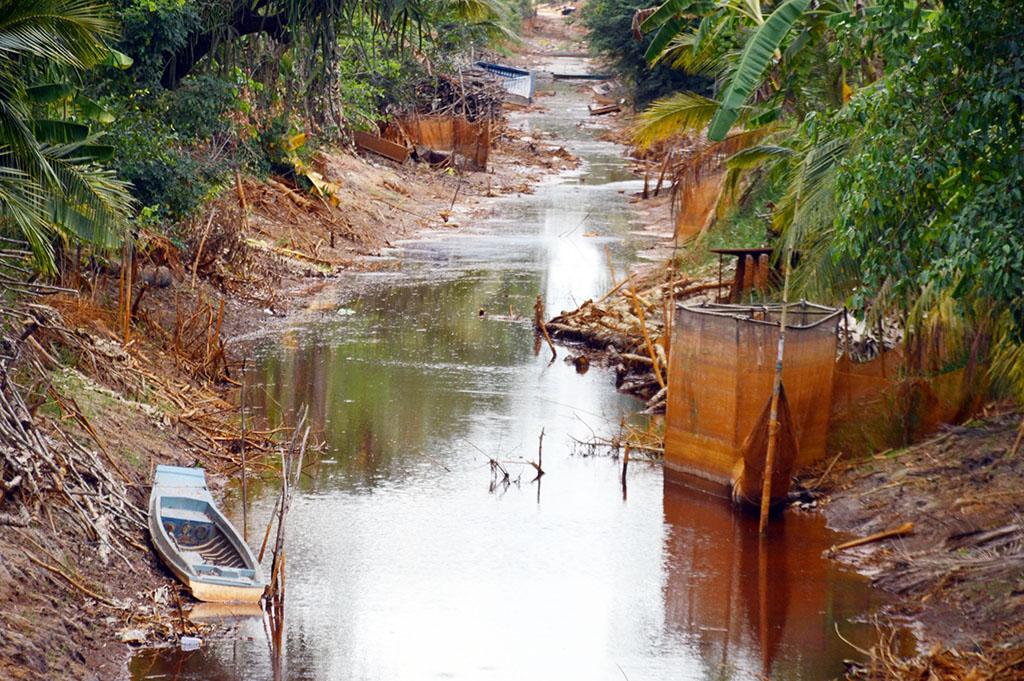
More than 80 canals and ditches in Tran Van Thoi District (Ca Mau) dried up, some places had exposed bottoms in the dry season of 2024.
Specifically, the "following nature" story will be an integrated planning to divide the Mekong Delta into 3 regions. The freshwater core area in the upstream is the area that always has fresh water, even in extreme years; this area prioritizes rice, fruit trees, and freshwater aquaculture. Next is the brackish area with alternating water regime, fresh water in the rainy season can grow rice, brackish water in the dry season. In this area, it is necessary to convert the farming system to follow brackish water - salt water in the dry season. In the coastal area, which is salty all year round, develop a farming system that adapts to the year-round saline regime.
Adapting to drought and salinity for production
Reader (BD) Lao Nong Tri Dien expressed: "I agree with Master Nguyen Huu Thien. It can be said that saltwater intrusion into the fields has existed for many generations, not just now. It is time for us to live in harmony with nature, and to adjust the areas that need to be sweetened. On the other hand, we ourselves have prevented water from entering the fields, unintentionally causing desertification of the fields, seriously reducing air humidity, not to mention the fields being polluted by stagnant water and lacking essential minerals from the sea. We hope that the authorities will soon implement the spirit of Resolution 120 of the Government".
Supporting the comments on the need to "adapt to salinity rather than fight against salinity", Tan Nguyen said that it is a macro-level story that is difficult to practice from the perspective of each household: "In the dry season, ponds and lakes dry up, small canals dry up, and even salt water must be added to prevent erosion. Therefore, this serious problem cannot be solved at the household level. In my opinion, the government still needs to build dams on large rivers to prevent salinity in the dry season to ensure people's lives".
Most opinions of the Board of Directors agree that it is necessary to solve two major problems on a macro level: the "natural" production plan to adapt to drought and salinity, and the story of fresh water for daily life.
Fresh water supply for daily life
Madam Phuong Le, Director of the Department of Planning and Investment, commented: "With the current economic potential and scientific and technological level, bringing clean water to people in coastal areas for use, in my opinion, is not difficult. We just need to invest in pipelines from upstream to treat clean water for people to use, without wasting land for agriculture. On the other hand, when there is a buffer zone containing saltwater, saltwater intrusion will certainly decrease." "In addition, our people need to build reservoirs to store water during the rainy season. This experience has been done by people in the Mekong Delta for hundreds of years. Now we just need to expand the scale of water storage," Director Tuan Truong Anh added.
Agreeing, BĐ Hội Quang stated: "I would like to add, if we look back at the time before the dam was built to prevent salinity compared to now, salinity has encroached about 50 km deeper, so planners should understand the high and low water regime in the Mekong Delta. We should plan freshwater storage areas in the land that our ancestors worked on, we should not chase after rice productivity and affect the living environment... If we know how to exploit it, brackish water areas will yield higher profits than freshwater areas".
* Why not build a reservoir upstream like Dau Tieng Lake?
Huy Ha
* In my opinion, these are correct and accurate analyses from the beginning of the dry season until now. I hope that authorities at all levels will see and act in accordance with the spirit of Resolution 120.
Linh Nguyen Vu
* The Government has issued Resolution 120 to address concerns and obsessions. Now we just need to follow that resolution.
Light
Source link


![[Photo] General Secretary To Lam meets with veteran revolutionary cadres, meritorious people, and exemplary policy families](https://vstatic.vietnam.vn/vietnam/resource/IMAGE/2025/4/15/7363ba75eb3c4a9e8241b65163176f63)
![[Photo] National Assembly Chairman Tran Thanh Man attends the summary of the organization of the Conference of the Executive Committee of the Francophone Parliamentary Union](https://vstatic.vietnam.vn/vietnam/resource/IMAGE/2025/4/15/fe022fef73d0431ab6cfc1570af598ac)
![[Photo] Air Force actively practices for the April 30th celebration](https://vstatic.vietnam.vn/vietnam/resource/IMAGE/2025/4/15/16fdec3e42734691954b853c00a7ce01)

![[Photo] Ho Chi Minh City after 50 years of national reunification through buildings and symbols](https://vstatic.vietnam.vn/vietnam/resource/IMAGE/2025/4/15/a224d0b8e489457f889bdb1eee7fa7b4)
![[Photo] Welcoming ceremony for Prime Minister of the Federal Democratic Republic of Ethiopia Abiy Ahmed Ali and his wife](https://vstatic.vietnam.vn/vietnam/resource/IMAGE/2025/4/15/77c08dcbe52c42e2ac01c322fe86e78b)


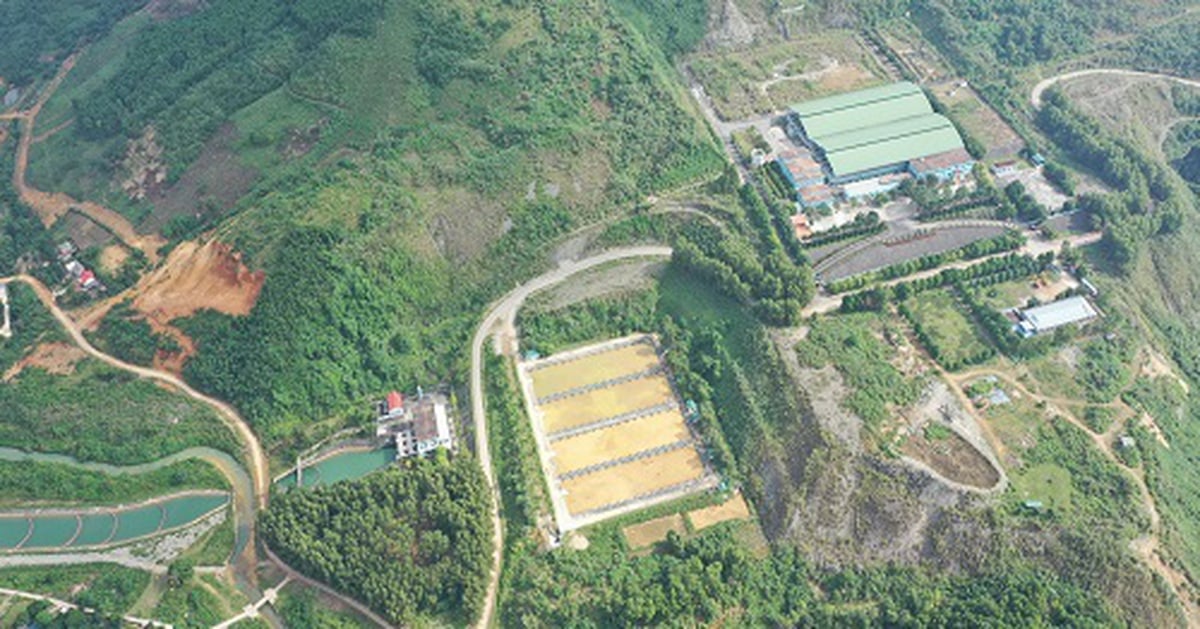



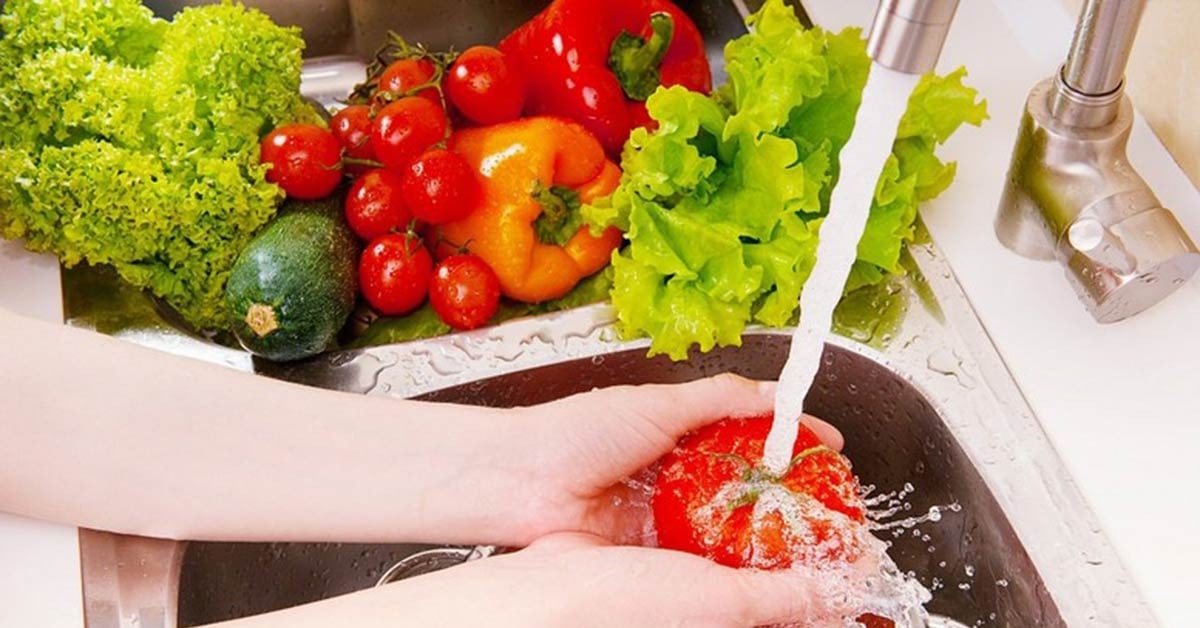

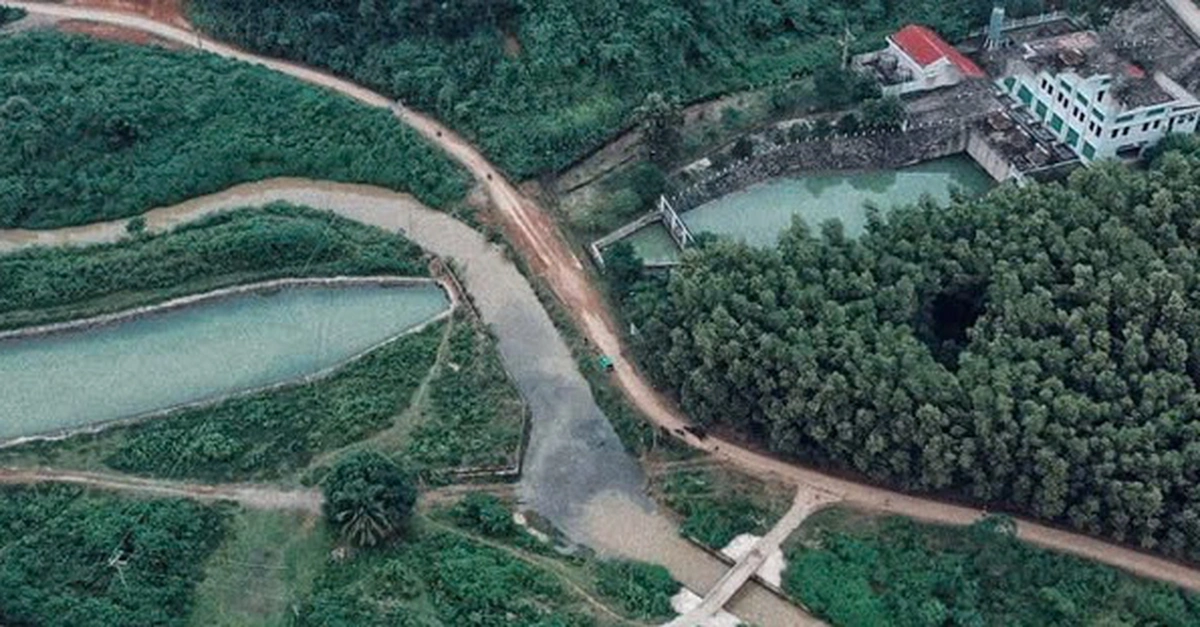
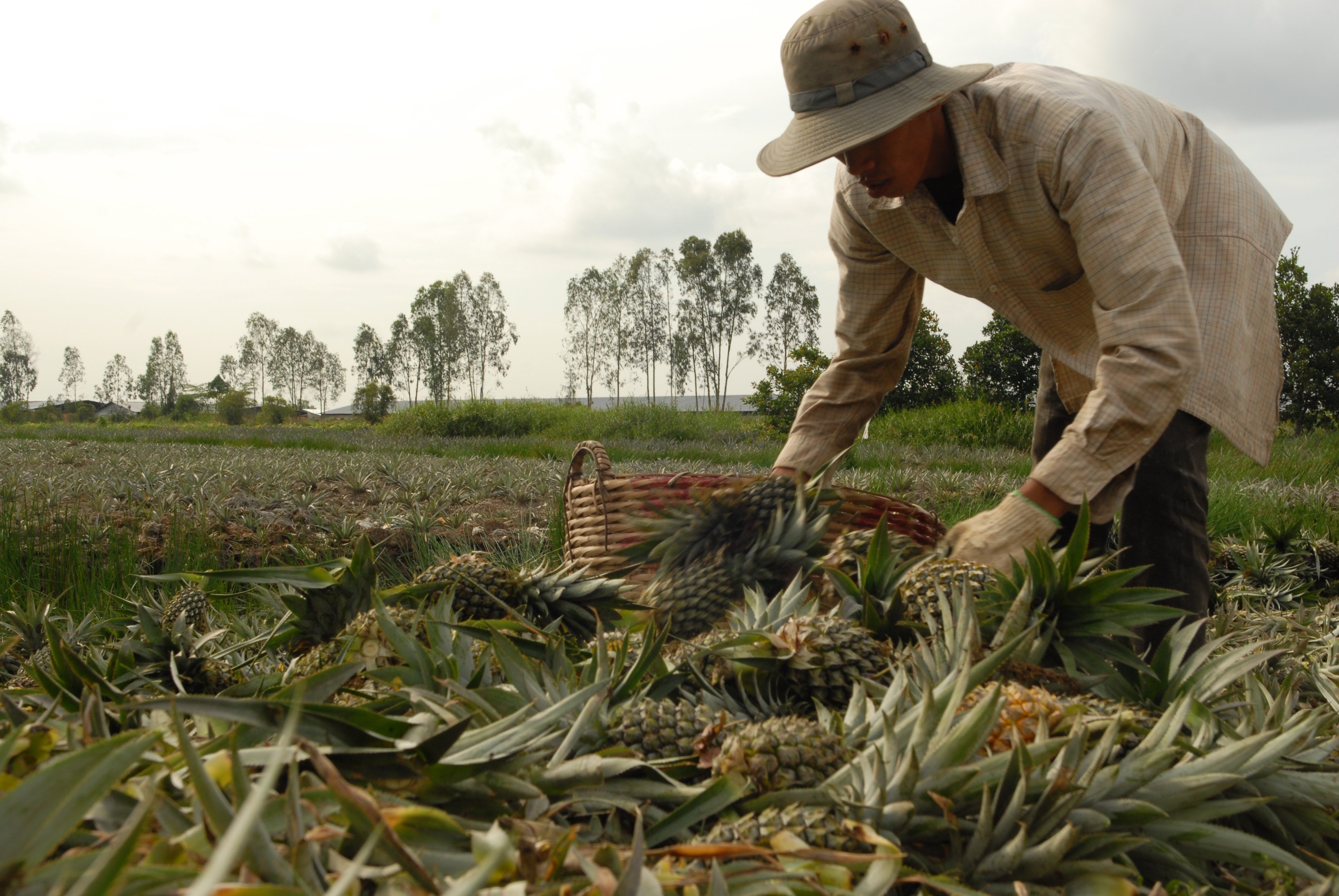



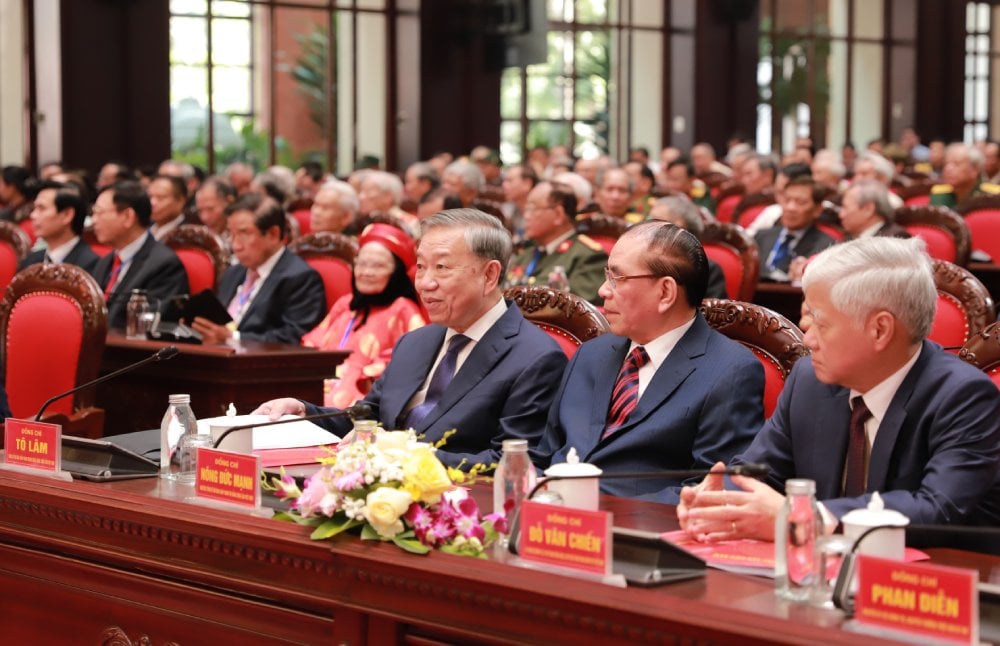








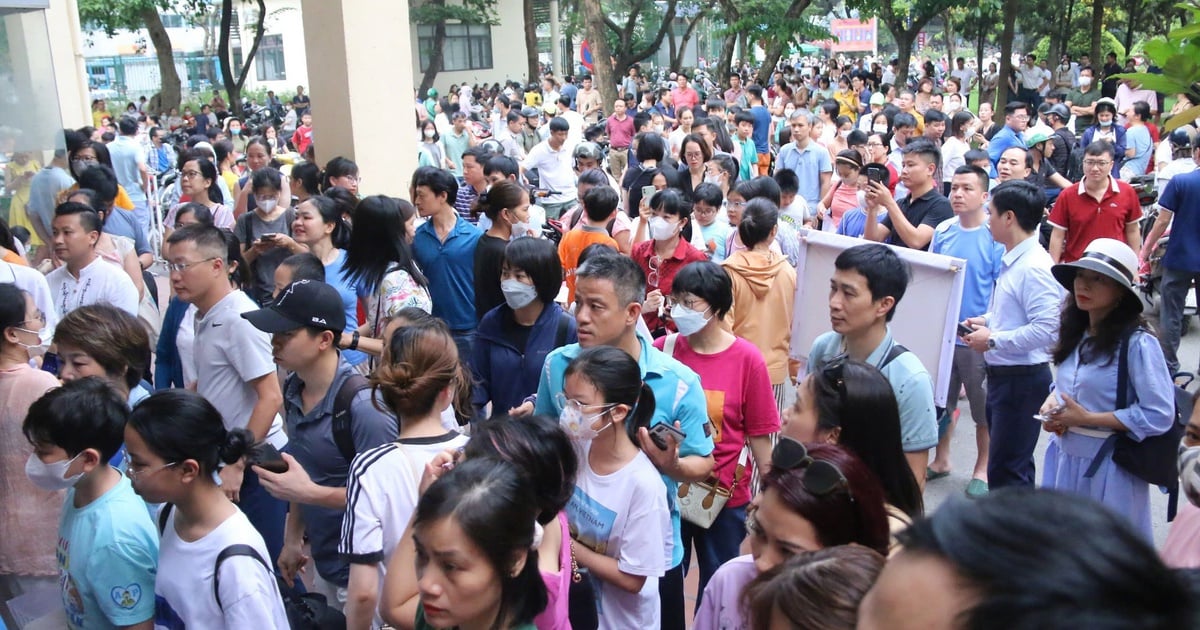

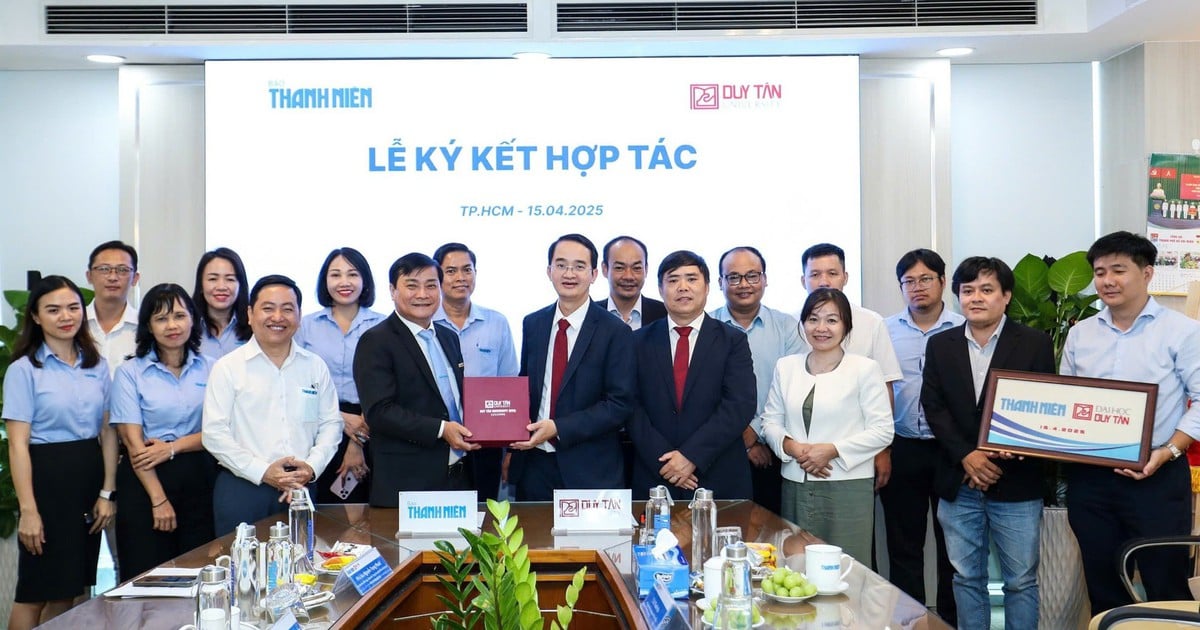
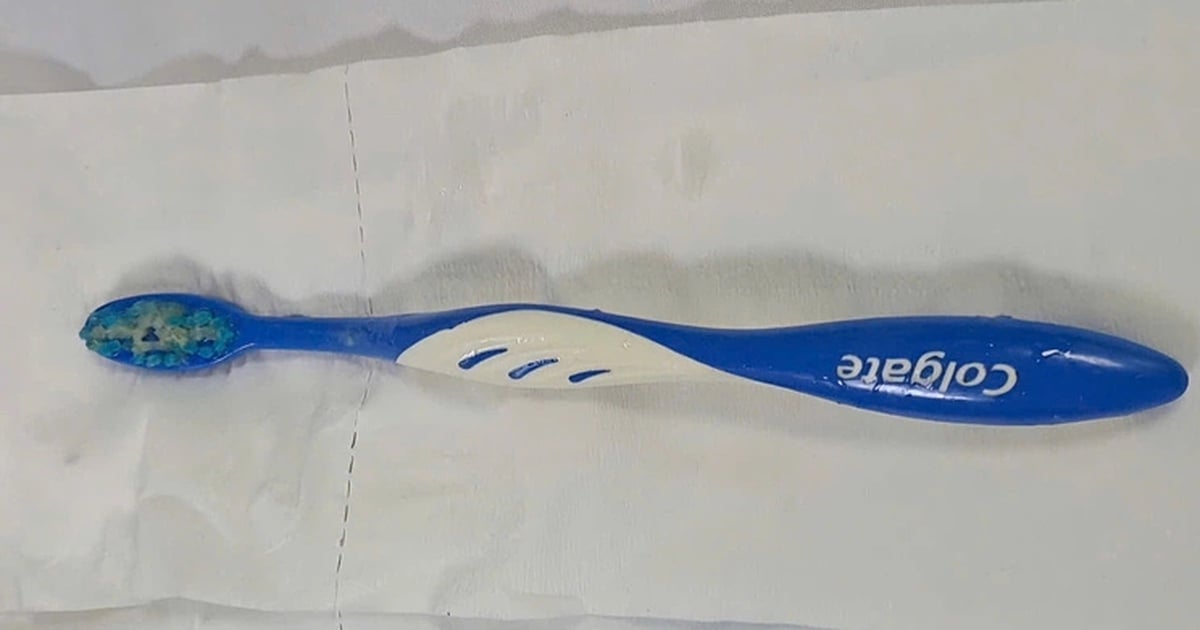







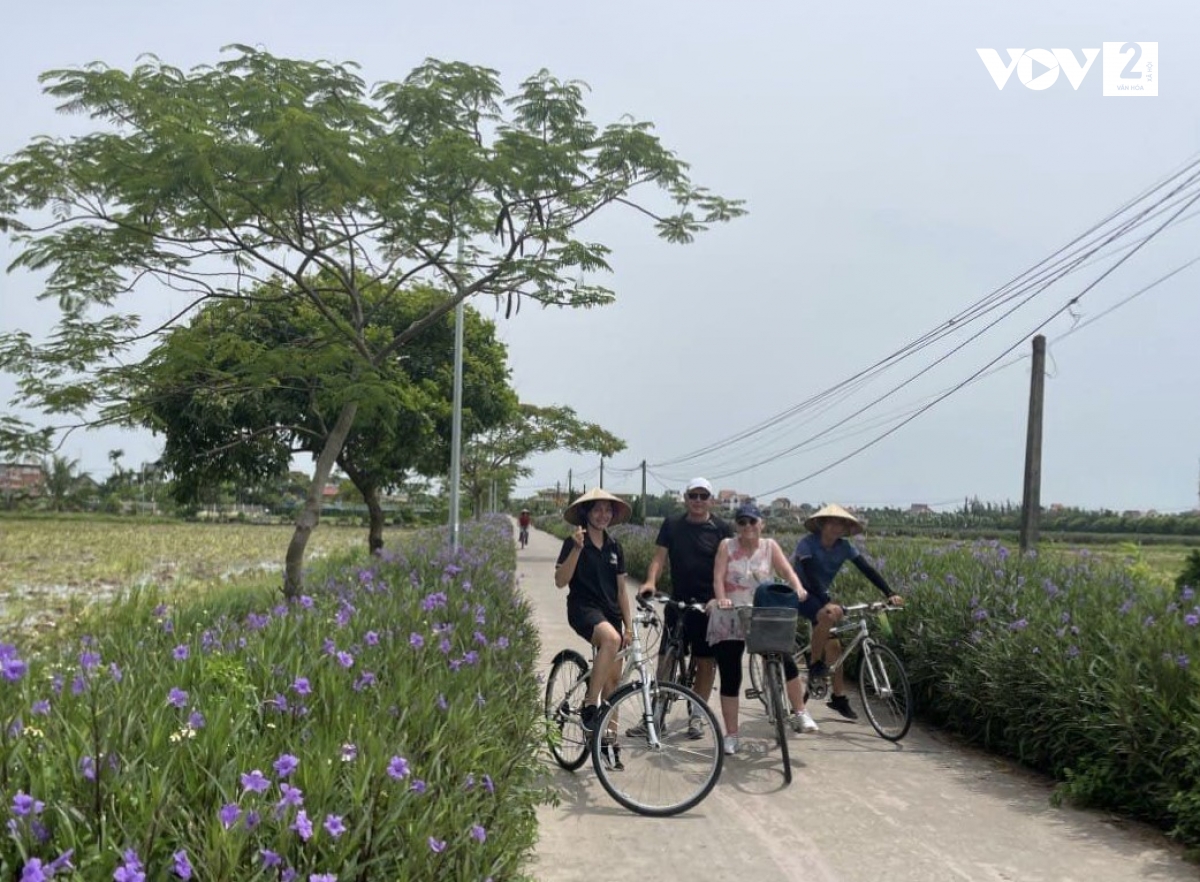

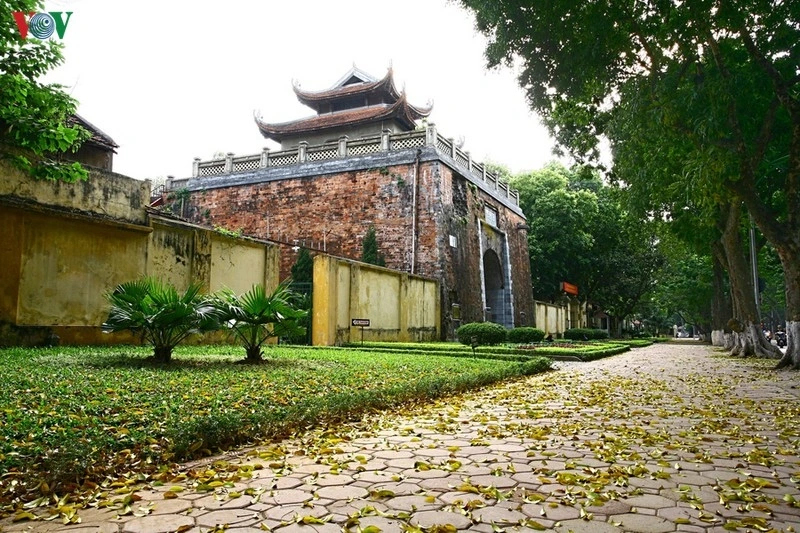
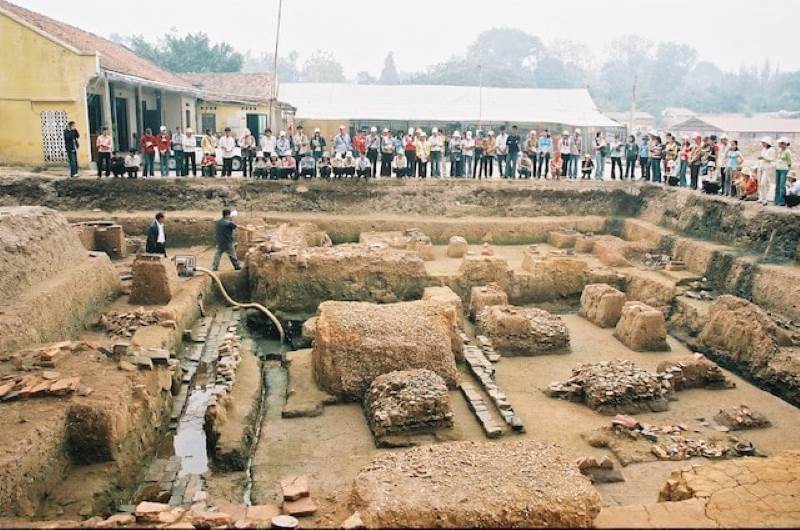

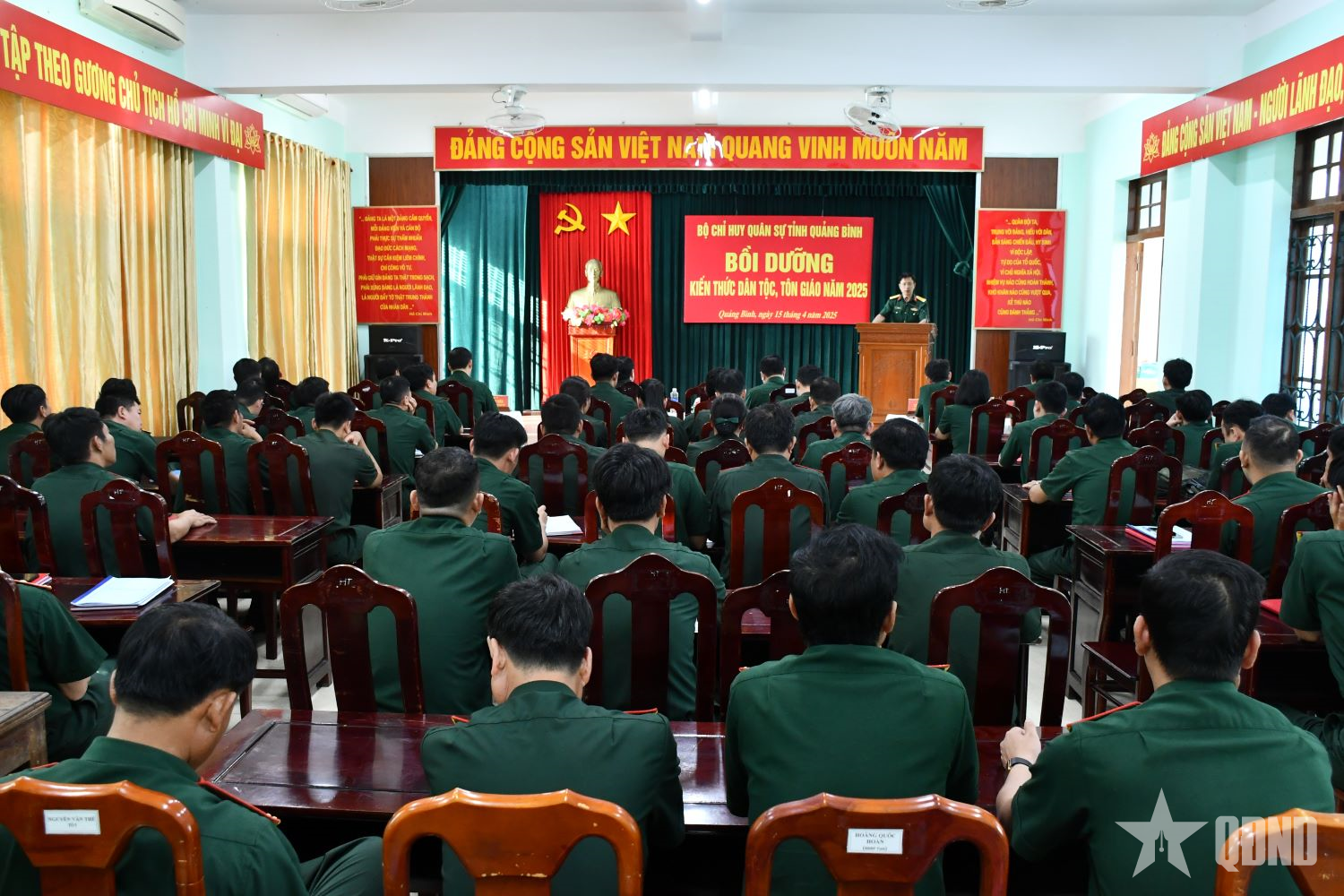












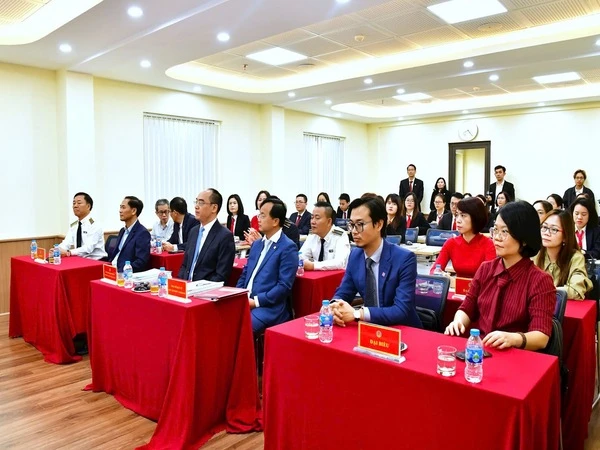


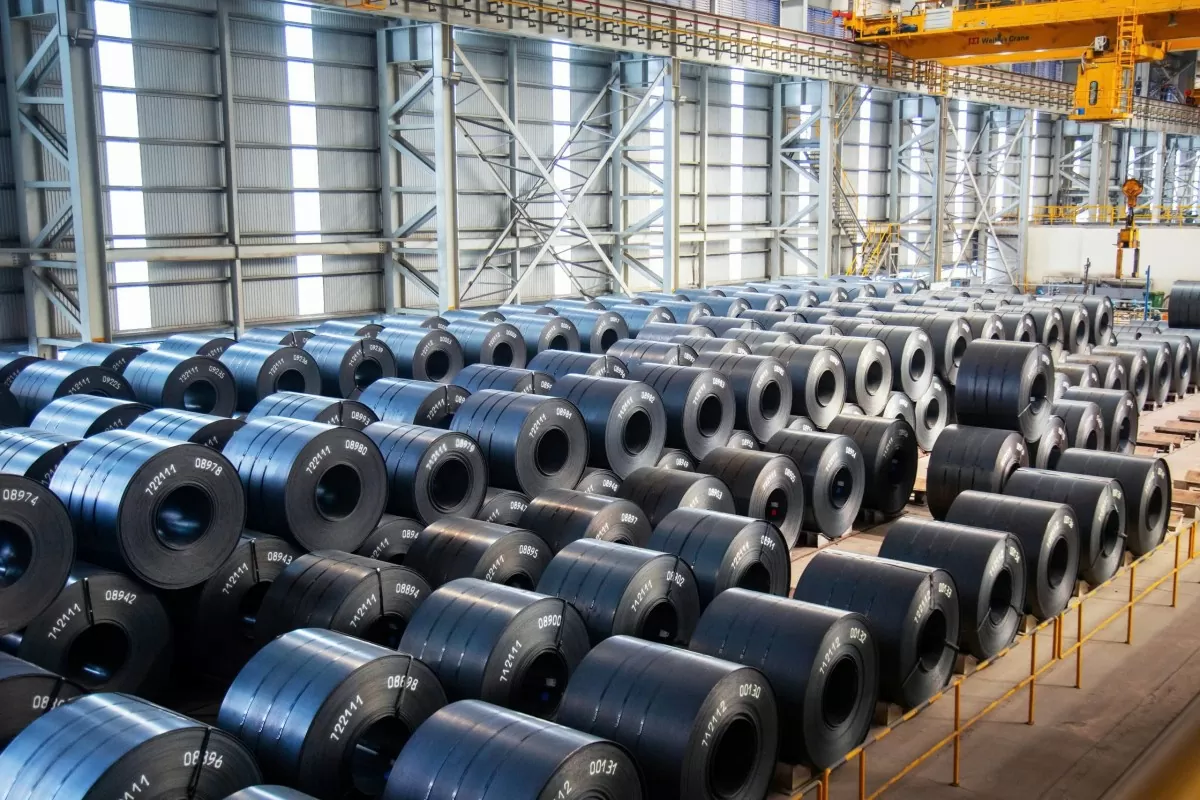

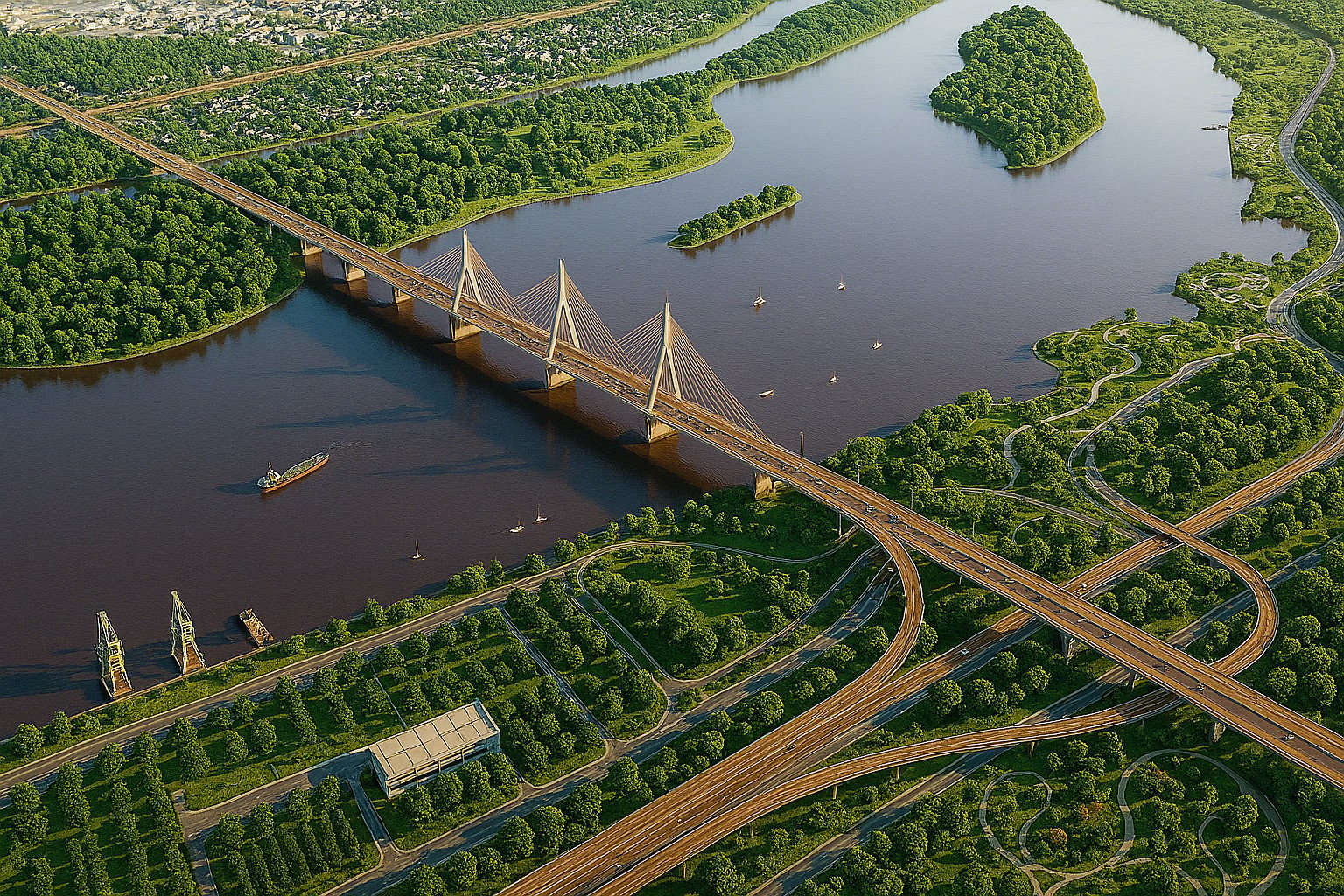



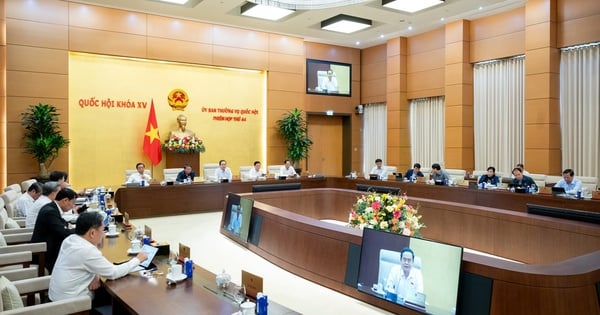

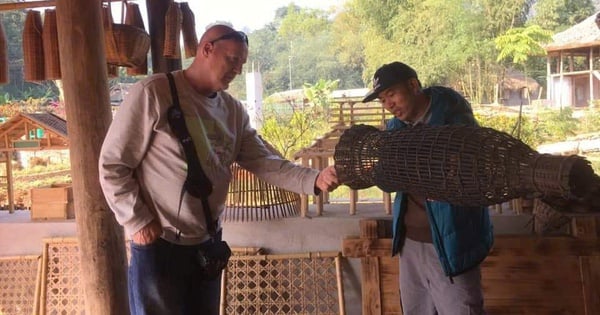

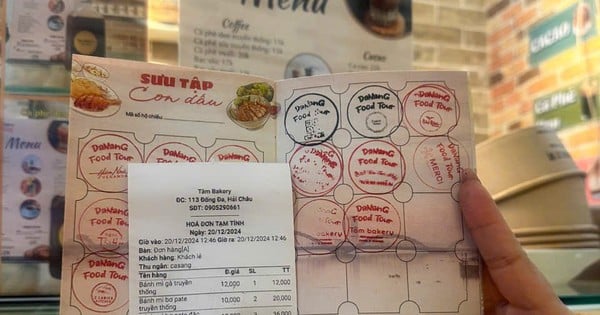



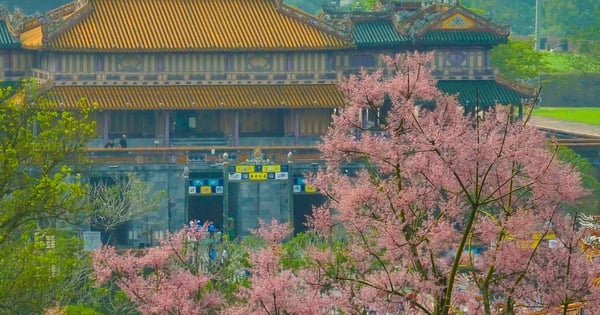
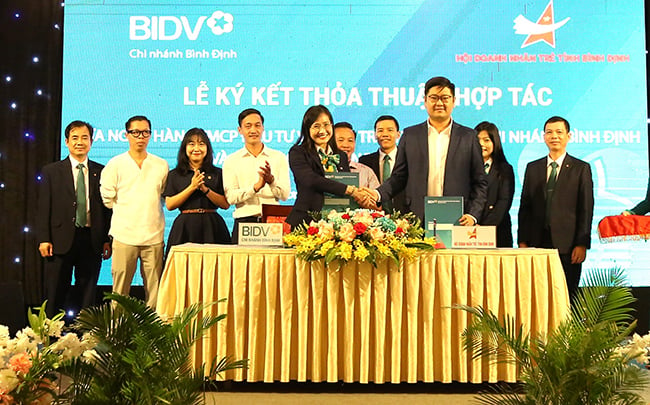




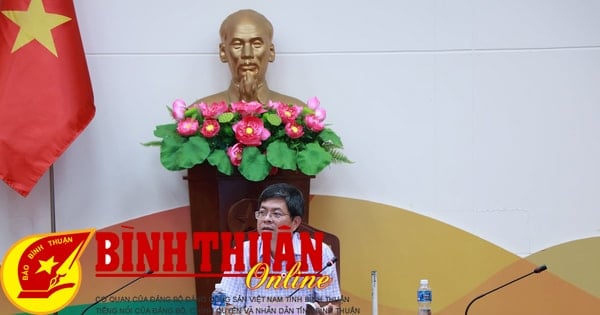

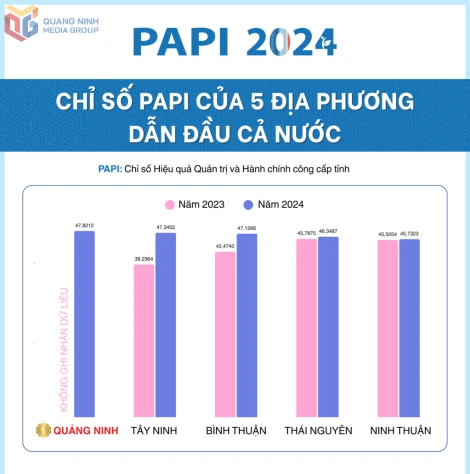
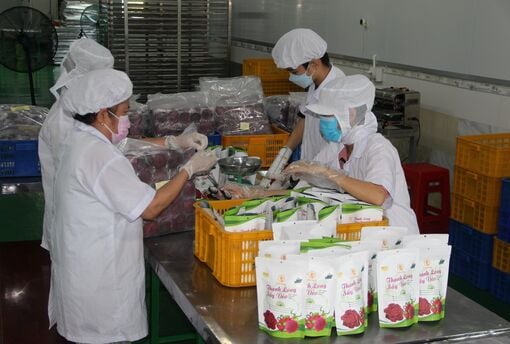




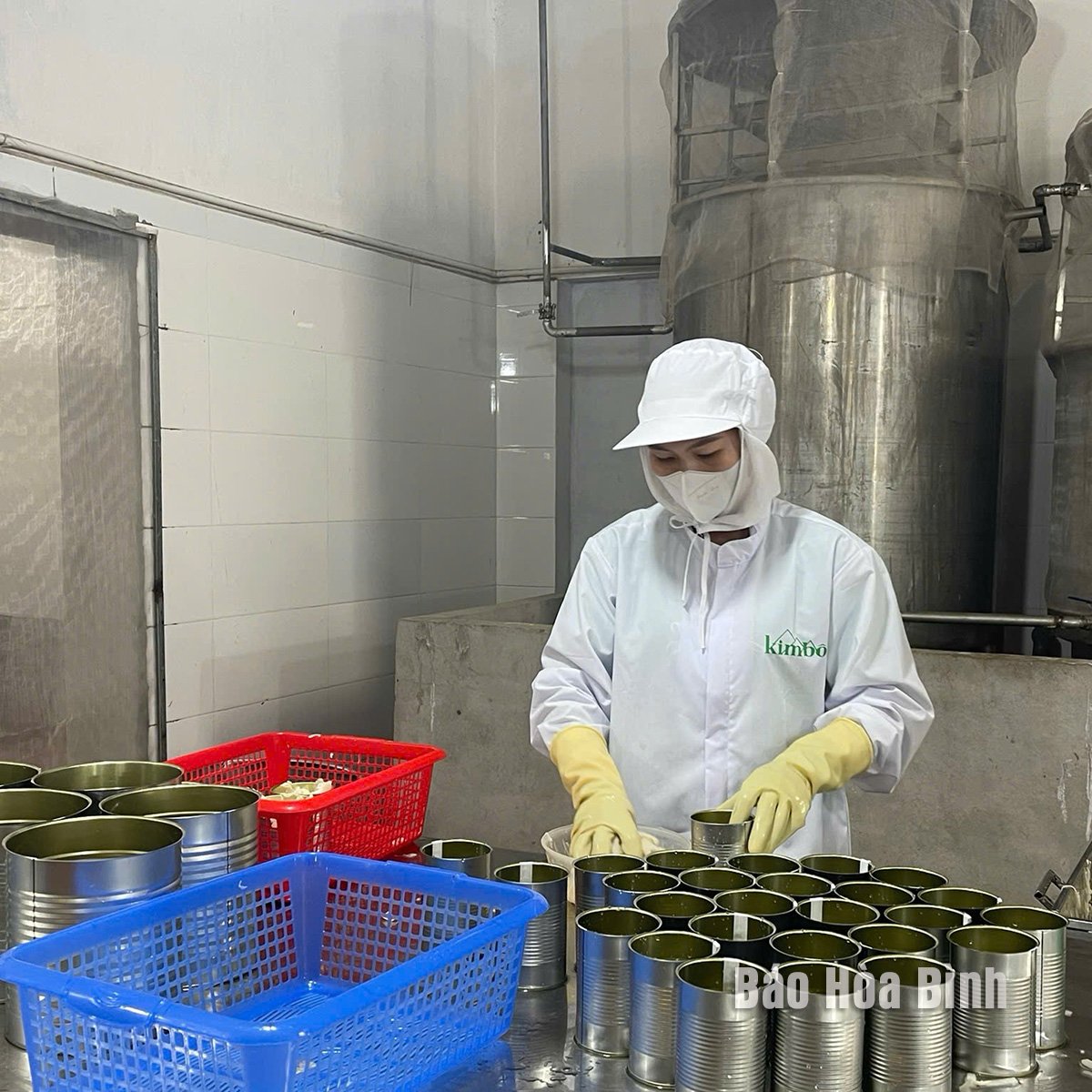

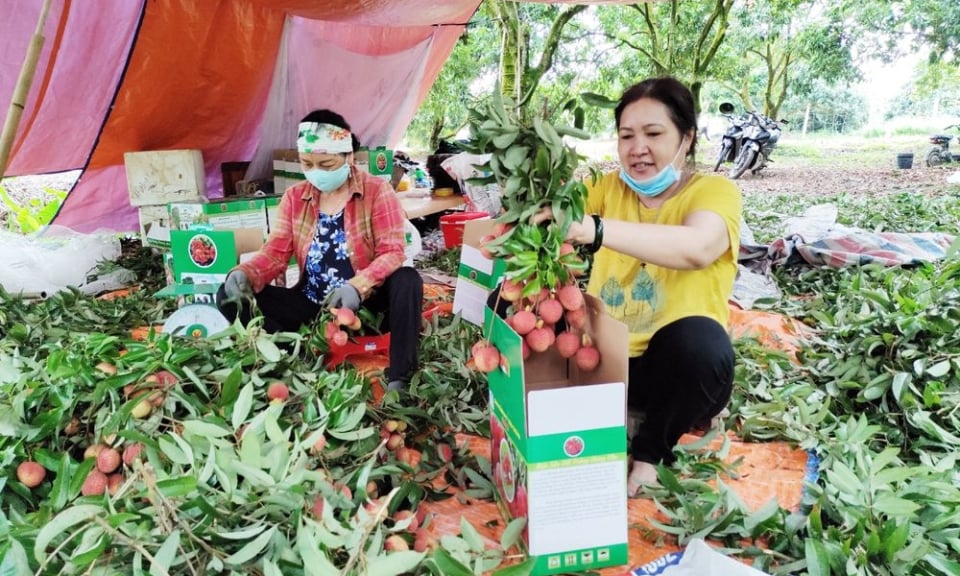

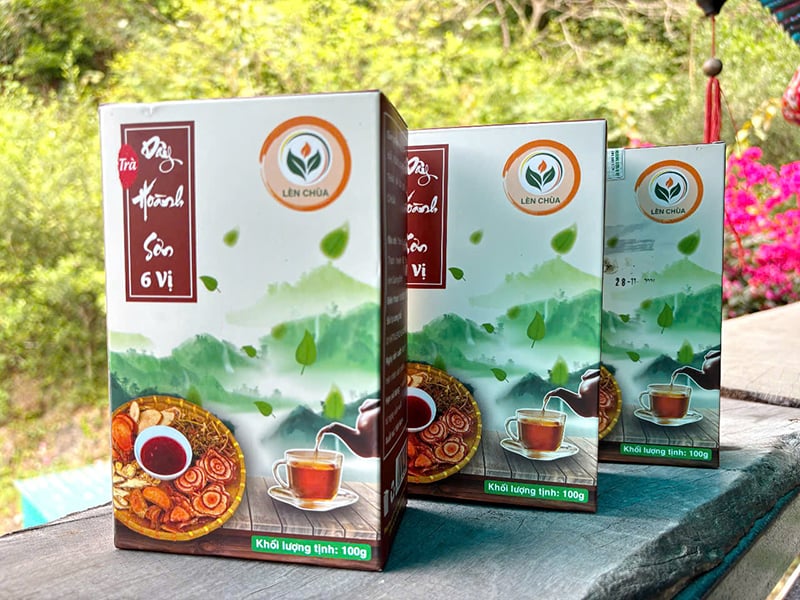
Comment (0)